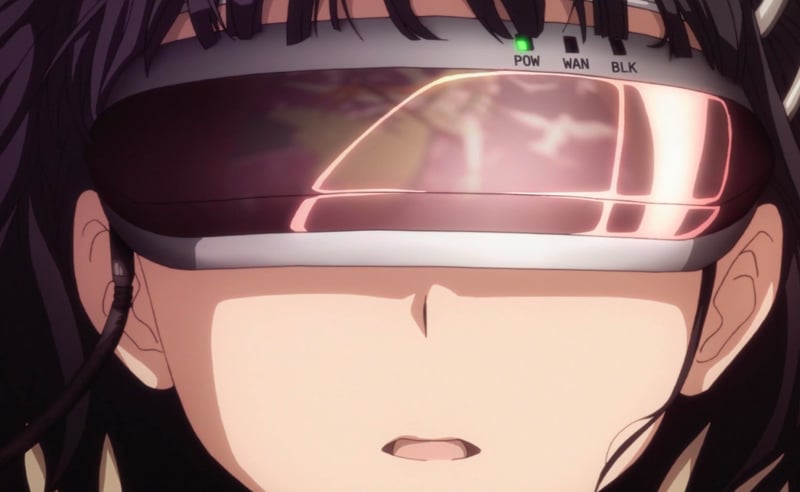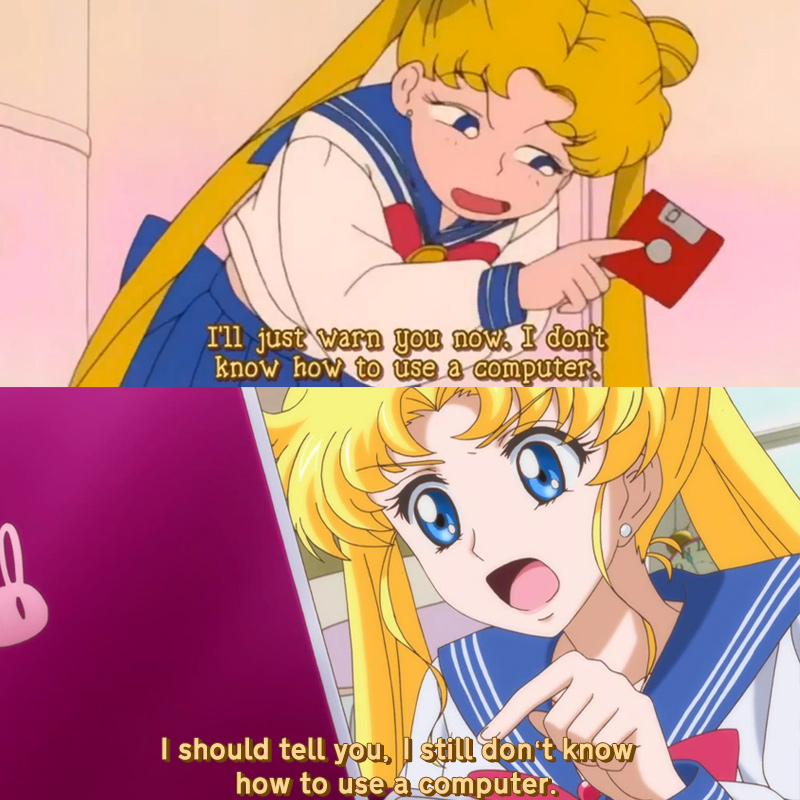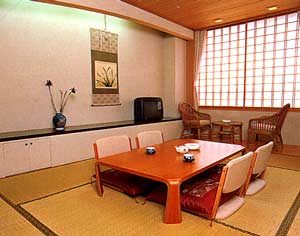Japan has the best Internet connectivity in the world, according to a newly released study which compared actual data-transfer rates and overall customer satisfaction by Internet users around the world. Sweden came in second, followed by the Netherlands (#3), South Korea (#5), Germany (#9), France (#12), the U.S. (#16) and the U.K. (#24). The results were interesting to me because Japan lagged behind the rest of the world in adopting the Internet throughout the 1990s, with significantly higher prices and lower connection speeds. A lot of the slow Internet development was due to NTT, the 800 lb gorilla of the telecommunications world here, a former government-run monopoly that owned all the lines ISPs needed to lease in order to do business, and which generally kept a lot of competition out of the marketplace by functioning as the country’s largest ISP directly. It turns out that having a less competition might have been a good thing in the case of Japan, since NTT and its subsidiary companies were able to execute technology roll-outs more efficiently than if it’d been up to a hodge-podge of companies, as is the case with the U.S. J-List connects to the net through hikari fiber or an optical fiber line, although it was a long wait to get our office wired for the fast connection. We actually had to make a formal request to the mayor’s office (my wife happens to have the same last name as him, so we let the staff think we were related), and they passed along our request to NTT, who made sure J-List was the first customer connected in our city. Having fast, efficient Internet despite the lack of competitive pressures might seem puzzling, but it’s quite common for Japan to seemingly violate the rules of Capitalism yet have things turn out okay in the end.
















